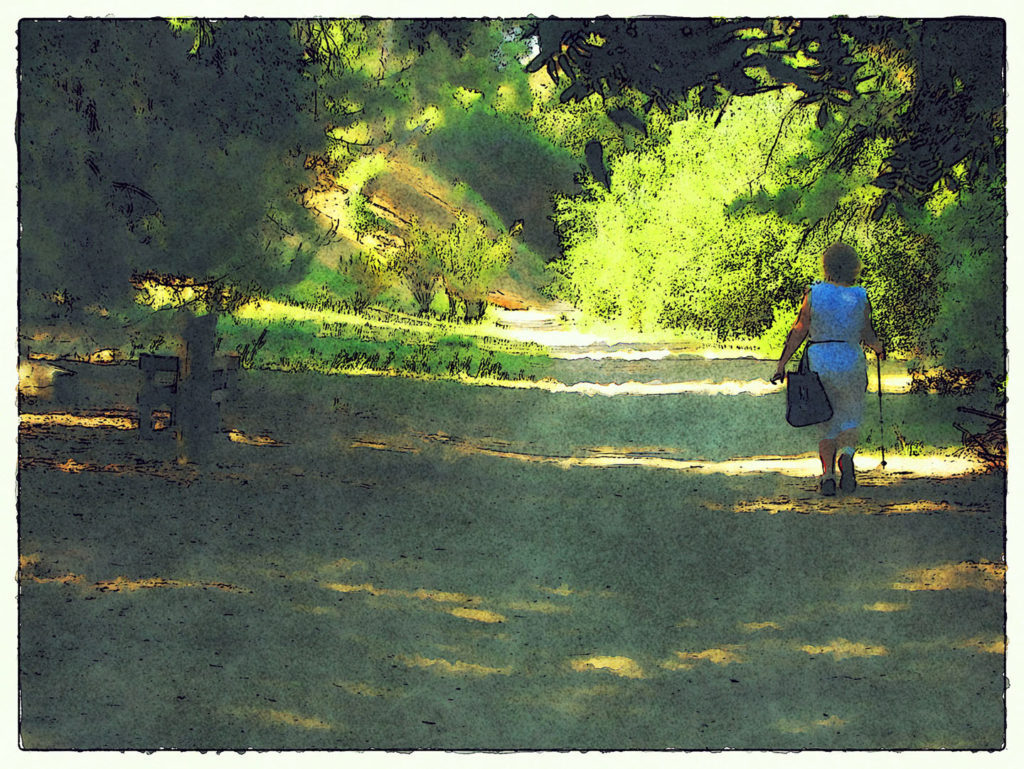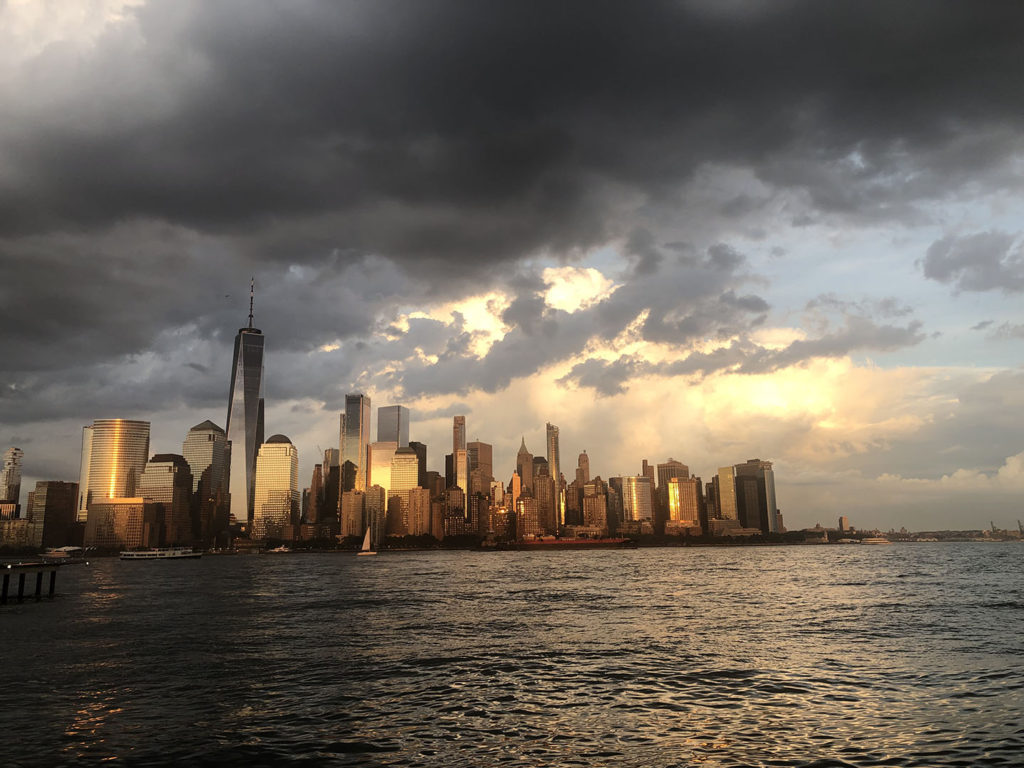
The past: it will never come again = sadness.
The past: some wonderful memories = joy.
The past: wasn’t as good as we remember and our memories may be inaccurate = healthy dose of reality.
People all have their own sources of nostalgia, whether memories of family times together, first love, or friends from the distant past. Travel has always been my prime source of nostalgia. For me, the sounds of crows and peacocks transport me immediately back to India. I rarely eat pasta without remembering (and salivating over) tortellini in Rome. But my journeys to both India and Rome were years ago, when nostalgia meant distance.
Now it seems that only months ago I was wandering the streets of Lisbon with my daughter, with misty water-colored memories of sitting in an outdoor café opposite the Fado museum. Oh, wait….it WAS just a few months ago, in early March.
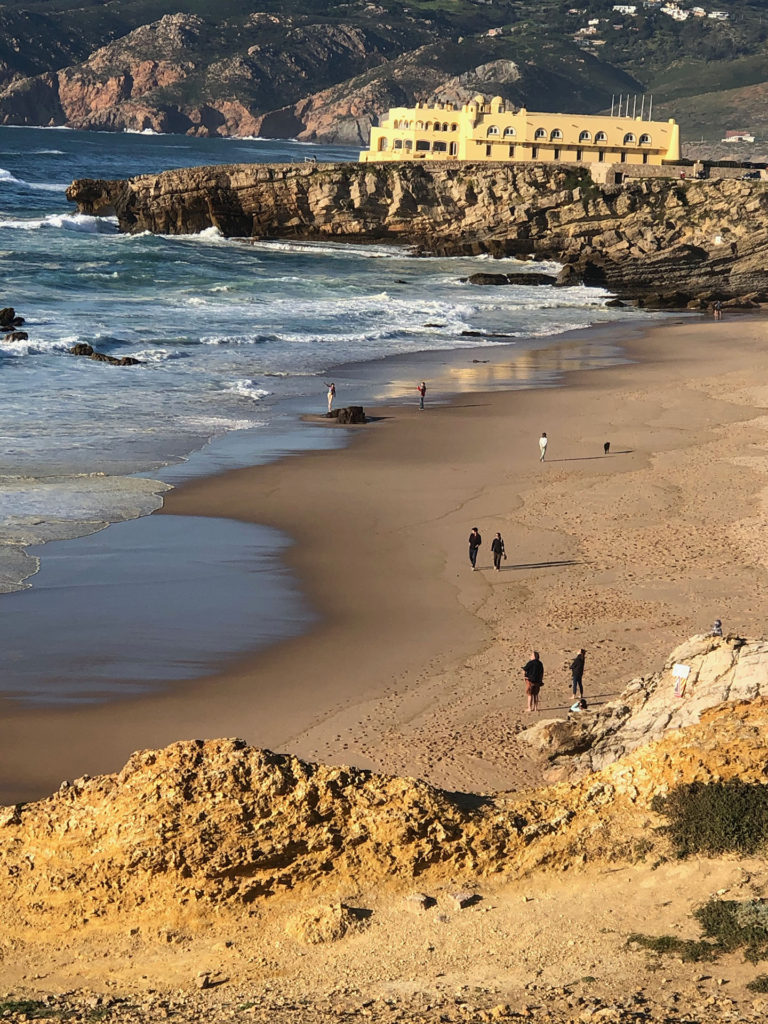
Living in the Present Ain’t All It’s Cracked Up To Be
These pandemic days I find myself becoming nostalgic about things barely in the past. A reader in the New York Times referred to this changing nature of nostalgia as “psychic whiplash,” or the yearning for a bygone era gone because of circumstances, not because of time.
I often read articles about nostalgia in newspapers, magazines, and online. Writers try to define exactly what nostalgia is and how it is changed in these challenging times.
In the past, nostalgia was considered a way for people—especially older folks—to find comfort in memories of life experiences. Since the late 20th century, there have even been nostalgia-based therapies for such illnesses as clinical depression and Alzheimer’s disease. Nostalgia is not only solace for older folks, though. Researchers point out that children as young as seven feel nostalgia. All ages have felt the pull of past memories and have found the experiences of reminiscing about them therapeutic.
In fact, researchers have found a commonality in how people experience nostalgia in 18 countries on five continents. Nostalgia has been measured to be both a driver of social connection as well as positive response to loneliness, anxiety, and alienation.

Benefits of Nostalgia During a Pandemic
The satisfactions of nostalgia are many: it can be a source of comfort when feeling alone or depressed; it can be a way to discover meaning in one’s life; and it can increase feelings of connection to others in the world. Researchers have even found that people who experience nostalgia donate more to charity.
“In difficult situations,” Professor Constantine Sedikides, Ph.D., and Director of the Center for Research on Self Identity at the University of Southampton, England, said, “it appears that nostalgia grounds you. It gives you a base from which to evaluate the present as a temporary state, and in doing so it perhaps builds resilience. Though, obviously, we cannot rule out the alternative: that resilient people are able to access nostalgia more effectively…”
Being open to nostalgia may strengthen us. Supporting a child in remembering happier times can provide hope for the future. Helping the elderly identify those moments of warmth in their past can bring them peace and bolster their defenses against difficulties.
Sedikides believes that nostalgia helps build resources like optimism or inspiration, which are correlated with mental fortitude for children and adults alike. In addition, writers and artists of all ages often plumb their pasts in order to create their art.
And nostalgia may be a source of growth in understanding and empathy. My friend Lewanda, an inveterate traveler, described her feelings of nostalgia well: “Most definitely, I feel both happy and sad. Knowing I can’t travel this fall makes me strive to remember every detail of the fortunate trips I’ve taken in the past. If I never fly again, I am the person I am today because my heart grew with adventure and experience.”
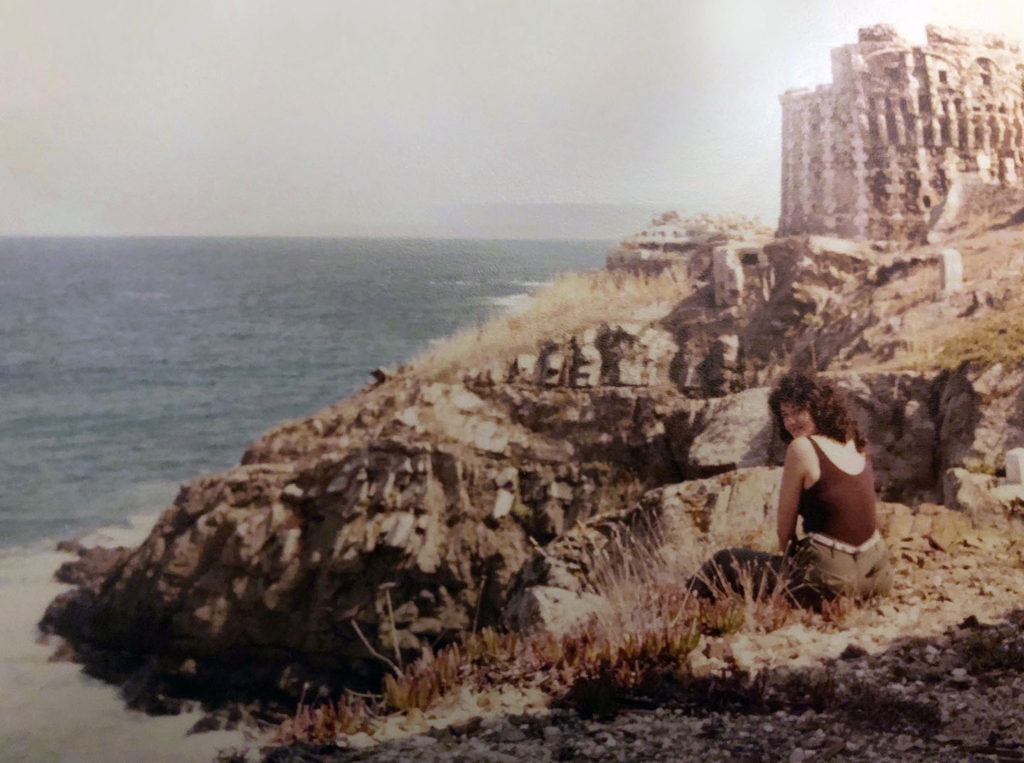
The Purpose of Nostalgia is Pleasure, Not Accuracy
For as long as I’ve known him, my husband has had nostalgia about food, from specific meals at an Italian food hangout on the Long Island of his youth to a butcher he frequented in his 20s in Hoboken to Chinese food with his late father at a restaurant on a Jersey highway. He remembers the tastes, the people, and the surroundings with a passion.
I myself have bittersweet memories about visiting the cliffside home of a late friend on the Mediterranean island of Menorca. I also remember a perfect birthday lunch in Venice, the elation of watching the mountains and clouds in Darjeeling, and the pleasures of seeing spring erupt at the garden at Jefferson Market library in New York City. It is bitter and sweet: there’s a sadness when I think about times past or loved ones gone or grown older, but there’s also joy from the loving memories.
Nostalgia may even dredge joy from experiences we have not had and may plumb memories that are purely created. My friend Tom feels nostalgia for a Paris that he never even experienced, one that existed before he was born, the 1920s Paris of Ernest Hemingway and F. Scott Fitzgerald. As he wrote, “Considering I’ve been there 10 times over a 50 year span, there is definitely a strong strain of nostalgia that I feel. But at the very heart of it, the nostalgia may be less for a place or even a time and more for who I was when I was first there. I can’t be that person anymore, that innocent, that agog.”

Nostalgia for What You Hated
People feel nostalgia for a beloved time in the past. During this pandemic, however, some people even miss what they previously detested. In an article in the New York Times, several people became sentimental about rush hour, or what one person called “the rush hour pedestrian blob.” One woman wrote that rush hour now feels like it was “being part of a community—even though I hated all those people.” As comedian Amber Ruffin said of walking the rush-hour sidewalks near Rockefeller Center in New York City, “You love it, you despise it, you need it, you don’t want it, it makes you feel better, and it’s just so real.”
“Don’t Let the Past Remind Us of What We Are Not Now”
—Suite: Judy Blue Eyes, by Stephen Stills, 1969
Life changes. We may get some pleasure from looking at the past with a dollop of sentiment, but nostalgia may prevent us from becoming the best we can be unless we understand the bitter, as well. Researchers have found that nostalgia may be a defense mechanism, used to stop negative thoughts. But negative thoughts can be inspiration for change, as well.
I myself used to be nostalgic about summers spent in overnight camp when I was 12 or 13. I’d go to reunions every year, and I’d happily return to camp the following July. Then I realized that unless I dredged up the bad memories along with the good, I was destined to be stuck in that hell every summer. So my advice to self has become: Don’t embroider! Embrace the good, but learn from the bad so as not to repeat the experience.
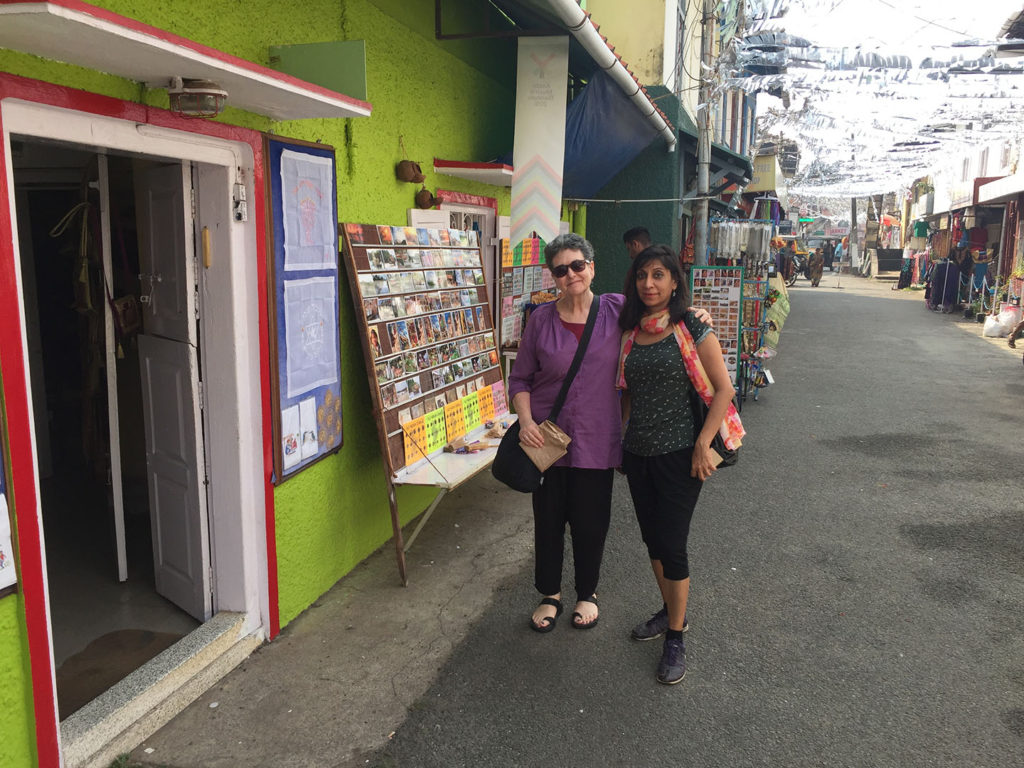
Mourning the Past, With Hope for the Future
Nostalgic feelings and reminiscences build gratitude and strength, but they may also remind us that many things were not so good in the good old days. A subtitle for an article in the New York Times yesterday read: “Battered by a health crisis and fury about racial injustice, voters are mourning the past, worried about the present and fearful of what comes next.” We mourn the past but can find sustenance in it, too. The sustenance and warmth that nostalgia provides may strengthen us to overcome fears of the future with both contemplation and action.
